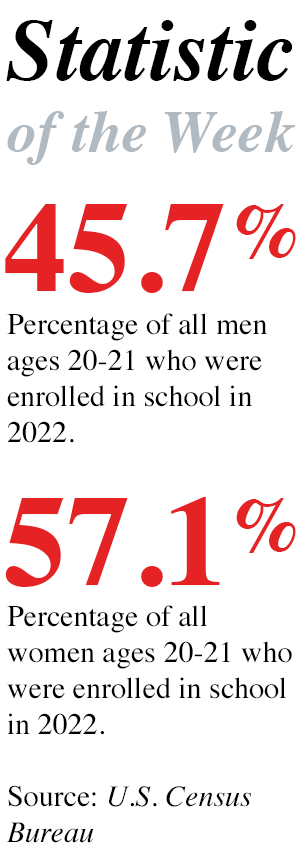Daughters of Feminist Women Have a Significant Positive Influence on Their Mothers’ Psyche
Posted on Aug 05, 2020 | Comments 0
A new study by researchers at the University of Georgia and the University of Kansas finds that not only do feminist mothers have more self-assured feminist daughters, their young adult daughters’ voices have a significant, positive psychological influence on their mothers.
The authors examined a large group of women and their daughters and their willingness to stand up for themselves — despite causing potential discomfort — in all sorts of relationships, which the authors of the study term “voice.”
 Alesia Woszidlo, an associate professor of communication studies at the University of Kansas and a co-author of the study, notes that “one of the things that we find particularly interesting is that a mother’s feminist attitude is associated with their daughter’s greater likelihood to voice, which, in turn, is associated with the daughter’s and mother’s reduced psychological distress. Voice is such a powerful variable and kind of an unstudied one, when we look at quantitative communication research. It could really help us understand how communication in our personal relationships affects not only ourselves in positive ways, but others, as well.”
Alesia Woszidlo, an associate professor of communication studies at the University of Kansas and a co-author of the study, notes that “one of the things that we find particularly interesting is that a mother’s feminist attitude is associated with their daughter’s greater likelihood to voice, which, in turn, is associated with the daughter’s and mother’s reduced psychological distress. Voice is such a powerful variable and kind of an unstudied one, when we look at quantitative communication research. It could really help us understand how communication in our personal relationships affects not only ourselves in positive ways, but others, as well.”
This mother-daughter feedback loop of good feelings has the potential to ripple outward even further, the authors wrote in their paper: “As opposed to customary public and strategic actions (e.g., protests), investigating voice within close relationships offers the potential for challenging social justice issues in an immediate, intimate and impactful way. Such relational/micro-level changes not only bode well for the individual and her well-being, but they likely contribute to potential changes in others around her as well. That is, the cumulative effect of women asserting their voices is likely to contribute to broader social changes.”
The full study, “Voice as a Mediator of Mothers’ and Daughters’ Feminist Attitudes and Psychological Outcomes: An Application of Silencing the Self Theory and Social Cognitive Theory of Gender Development and Differentiation,” was published on the website of the journal Communications Monographs. The other co-authors are Analisa Arroyo and Anastacia Janovec of the University of Georgia. It may be accessed here.
Filed Under: Research/Study








